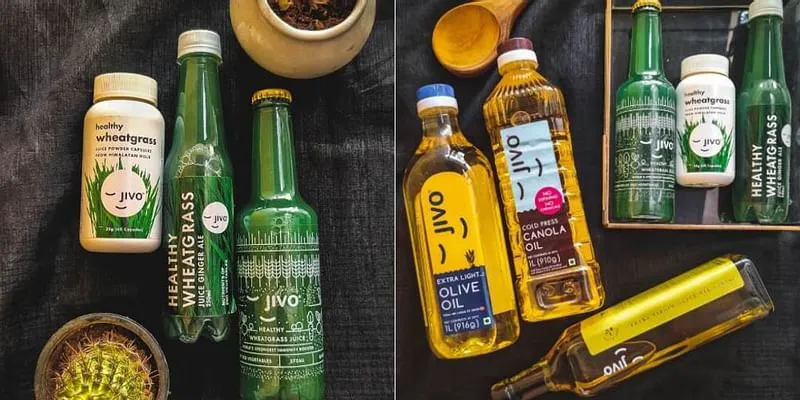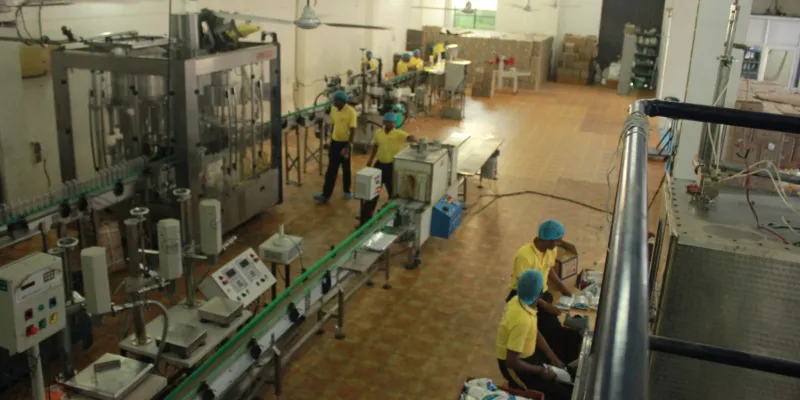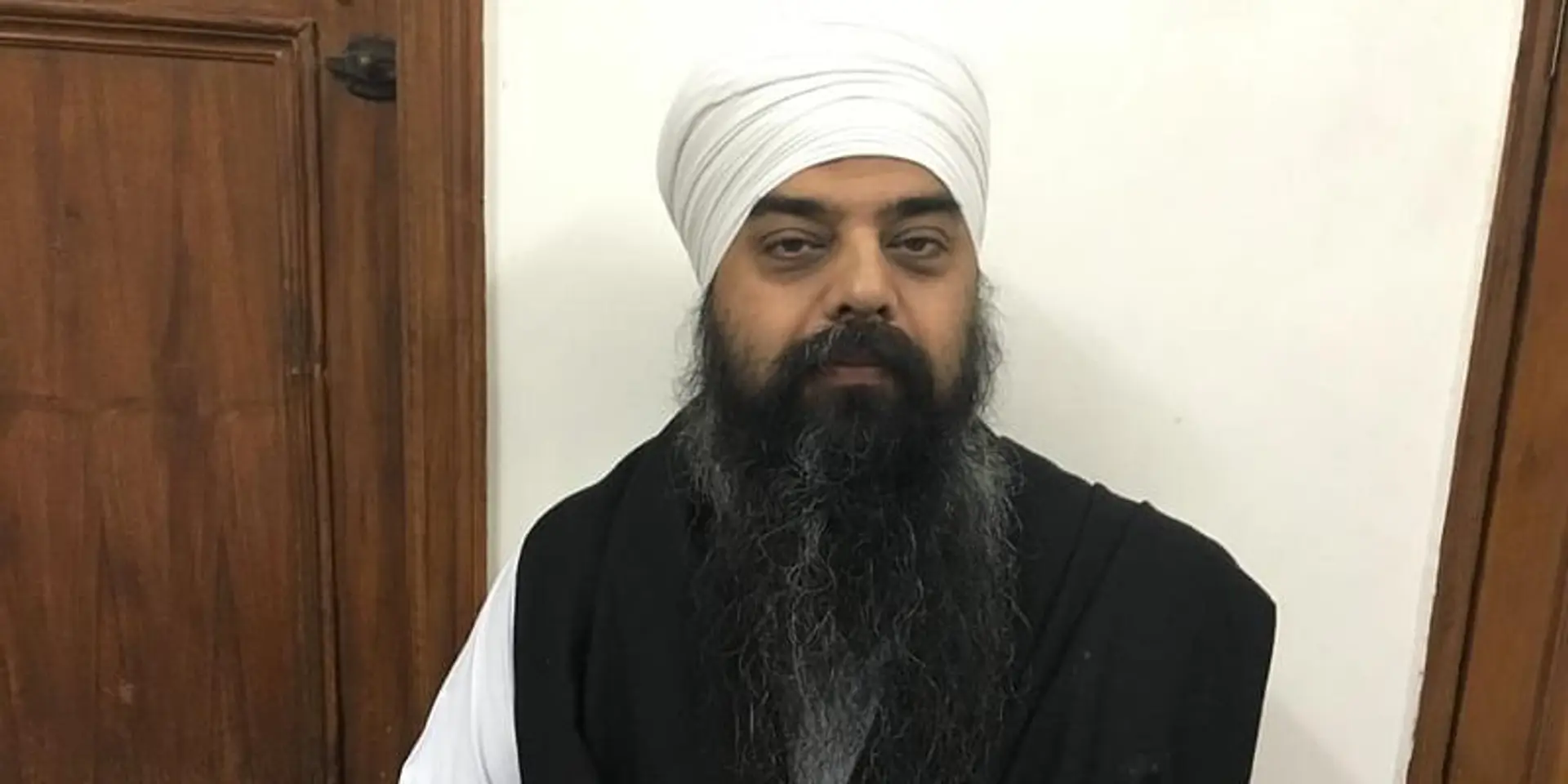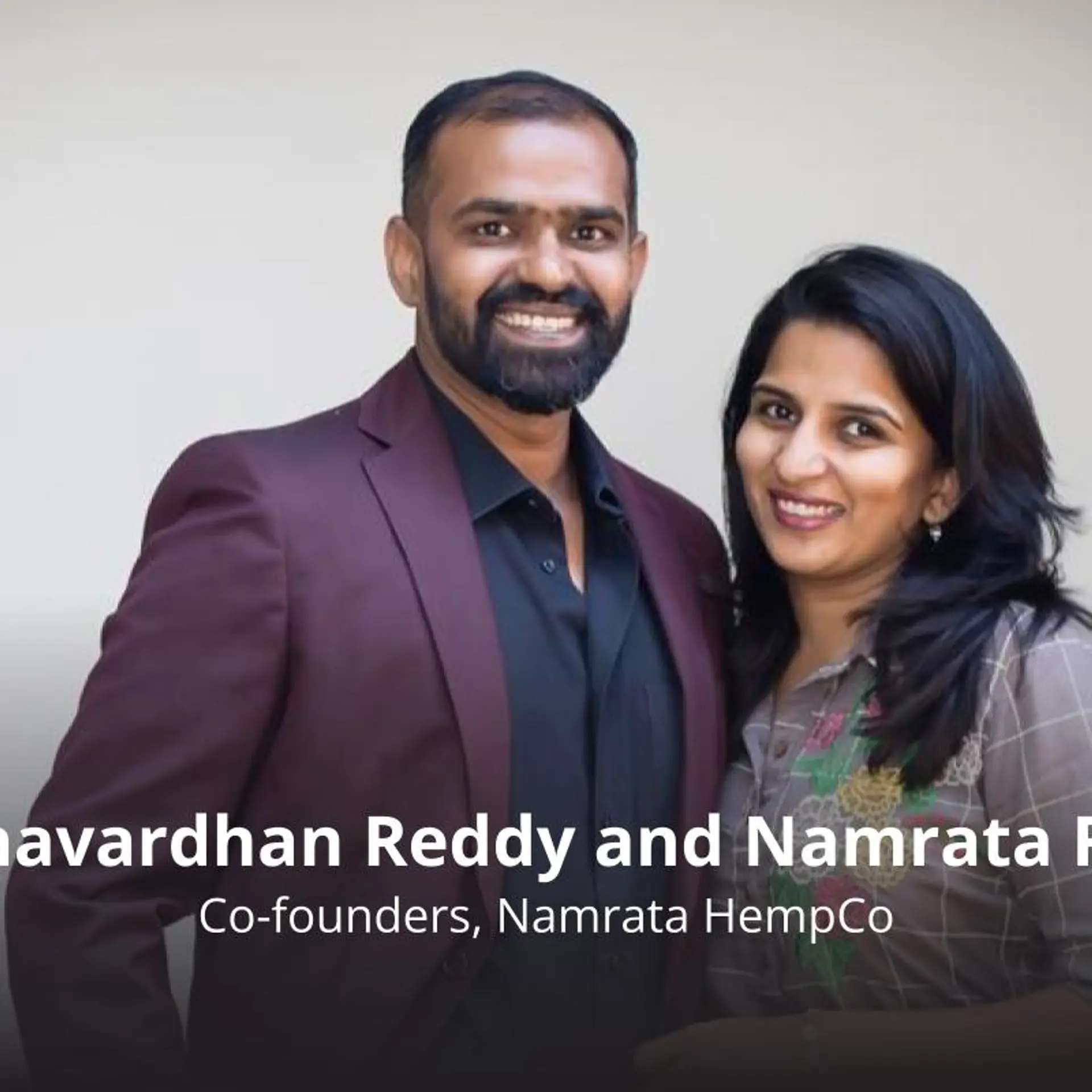From selling canola oil outside gurudwaras to raking in Rs 165 Cr in turnover last year: the story of Jivo Wellness
Jivo Wellness was started by Baba Iqbal Singh - and his four disciples - Ravinderpal Singh Kohli, Gurpreet Singh, Jasbir Singh and Amandeep Singh in 2010. The company is a supplier of canola oil and claims to have an 80 percent market share in the Indian canola oil market.
Baba Iqbal Singh, besides serving as the Director of Agriculture in the Himachal Pradesh government is also a well-known humanitarian and philanthropist. In 1986, he started a school with just two children, an initiative that has grown into 127 rural schools, two universities and a hospital.
Baba Iqbal has also participated in numerous philanthropic activities including imparting education, and setting up institutes in rural areas dedicated to providing employment opportunities to them.
He also took over an NGO called The Kalgidhar Trust in 1965, which was founded by his mentor, Sant Tej Singh.
Gurpreet Singh Narang, Managing Director at , was running his family business of automobile tyres at Delhi’s DCM market. In the 90s, he met Baba Iqbal who became his mentor. He then went on to establish a garment business and launched 27 stores across Delhi-NCR and Himachal Pradesh. He also joined hands with Baba Iqbal in a number of social endeavours like building schools and universities, popularly known as the Akal Academies.
The story behind Jivo’s existence
In 2010, Baba Iqbal sensed uncertainty surrounding the functioning of schools and other NGO initiatives in Himachal Pradesh, Punjab and other parts of rural north India that were largely dependent on charities and donations.
This is when the idea of building a business that would also support their charitable activities as well as contribute to humanitarian initiatives like education, health and wellness came up.
Baba Iqbal sensed a business opportunity in canola oil that was gaining popularity in countries like the US and Canada and he wanted to bring it to India as well. This is how the idea of Himachal Pradesh-headquartered Jivo Wellness came into being.
With the growing trend among millennials and people to adopt healthier options, canola oil seemed a good option.
Jivo Wellness was started by Baba Iqbal Singh and his four disciples- Ravinder Pal Singh Kohli, Gurpreet Singh, Jasbir Singh and Amandeep Singh in 2010. The company is a major supplier of canola oil across the country.

What is canola oil?
Canola oil is a plant-based oil that is made by crushing canola seeds and converting them into oil.
According to a study at Harvard University, canola oil is generally considered a “healthy” oil because it is very low in saturated fat (seven percent) as compared to olive oil which has 14 percent saturated fat. Additionally, the study also claims that canola oil contains significant amounts of phytosterols (about 0.9 percent by weight) that reduce the absorption of cholesterol into the body.
In Canada, it is the number one edible oil. The country is also the highest producer of the canola crop across the world. According to the Canola Council of Canada (CCC), the canola value chain generates $26.7 billion in economic activity every year. In the US, canola oil is ranked at number two. India is still a nascent market, which currently exports 15,047 metric tonnes of canola oil, according to CCC.
In India, apart from Jivo - Hudson, Spectrum, Wesson, B.L. Agro Industries and DiSano are some of the other brands that offer canola oil.
Sourcing canola from the hub
To fulfil their mentor’s vision to bring canola oil in India, the four entrepreneurs started manufacturing the oil in India itself. They sowed canola seeds in large fields across Punjab, Haryana and Rajasthan that would later be processed into oil. This went on for about two years but they soon realised that processing the oil in India was turning out to be an expensive affair.
This is when they decided to import the oil from the hub itself - Canada. “Importing from Canada was costing us 30 percent lesser than processing it in India,” says Gurpreet. They also took help from the Canola Council of Canada.
The oil was further refined and packaged in their units in Peeragarhi in West Delhi. Today, they also have a unit in Kundli, Haryana.
The determination of ‘passionate idiots’
Gurpreet calls himself and the other co-founders, ‘passionate idiots.’ When the product was ready, they had no idea how to take it to the masses. “We had zero background in FMCG but because of our passion and commitment for our mentor, we made everything possible,” he says.
The four men began by checking the prices of other oils in the market. However, Gurpreet says, their real understanding of the business came when they began to hire people.
“Sometimes, just conducting interviews would give us a lot of knowledge about the sector and market,” he adds.
The price of canola oil starts from Rs 150 and can go up to Rs 900 depending on the quantity.
The other challenge was that there was little to no awareness about canola oil and nobody was ready to buy the product. Gurpreet recalls that the first few years were extremely tough.
The team would set up stalls outside gurudwaras and local markets to sell the oil. A separate team was deployed at the call centre to call people and urge them to try the product. Many agreed to try out the product as they had immense trust in Baba Iqbal Singh.
When canola oil started gaining acceptance in the market, giants like Reliance, Walmart and Big Bazaar approached Jivo for a place on their shelves.
All this hard work paid off as the company, last year, clocked a turnover of Rs 163 crore. Gurpreet says that Jivo has an 80 percent market share in the Indian canola oil market. It is present in 15 states in kiranas, retail stores, modern stores, ecommerce platforms like Amazon, etc.
Today, the profit of Jivo Wellness goes into the charitable activities of the NGO and in scaling and expanding the business, Gurpreet says.

Manufacturing unit in Kundli, Haryana
Canola controversy
Initially, the team had to work hard to dispel the negativity surrounding canola oil in the market.
Much of the misinformation grew, as according to some, canola oil was seen as a cultivator of the rapeseed oil which has high levels of Erucic acid.
Speaking about the controversy, Gurpreet says, “The European Union lobbied for olive oil, which is why a lot of misinformation spread around canola oil.”
However, when studies started indicating the opposite, people started warming up to the idea of trying out a new kind of oil.
Future plans and other challenges
While the business of canola oil grew, the Baba Iqbal gave his mentees another challenge – to make wheatgrass available to the masses. Wheatgrass is well-known for its medicinal properties and is even said to cure major illnesses like cancer.
The co-founders took up the challenge to make a functional drink out of wheatgrass. It took them four years to develop the juice called Jivo Healthy Wheatgrass Juice Ginger Ale. It is available on online and offline platforms like Walmart, Big Bazaar, Amazon and Vestige. One bottle costs Rs 50.
The product was launched just before the COVID-19 pandemic hit India but because of the lockdown and other challenges, operations came to a halt. In the future, Gurpreet and the team are looking forward to expanding the presence of the wheatgrass juice across different geographies and also introducing new products in the wellness category.
Edited by Rekha Balakrishnan









